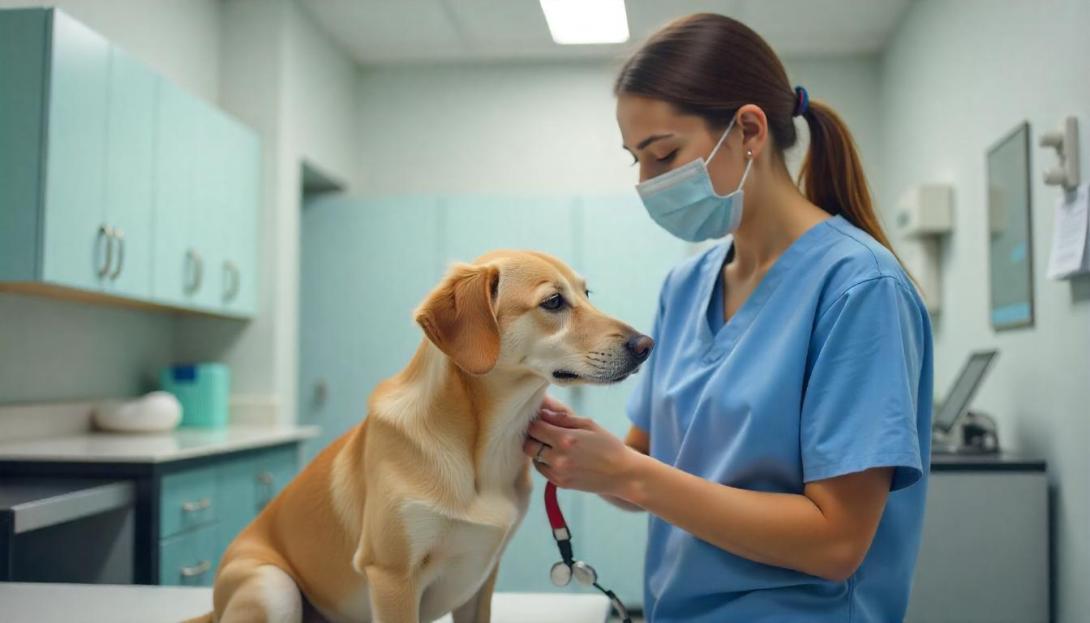
Pet surgery can feel overwhelming, but with the right preparation, you can help your pet have a safe and smooth experience. Whether it’s a routine procedure like spaying or a more complex surgery, Vancouver’s veterinary clinics offer top-quality care. This guide, written by pet care experts familiar with Vancouver’s veterinary standards, explains how to prepare your pet for surgery. We aim to provide clear, trustworthy advice to keep your pet healthy and comfortable.
Why Preparing for Surgery Is Important
Proper preparation lowers risks and helps your pet recover faster. In Vancouver, where over 60% of households have pets, clinics follow strict guidelines set by the College of Veterinarians of British Columbia (CVBC). These rules ensure safe, professional care. By taking the right steps, you can reduce your pet’s stress and support their healing.
Steps to Prepare Your Pet for Surgery
Follow these simple steps to get your pet ready:
1. Talk to Your Veterinarian
Meet with your vet to understand the surgery. Discuss:
- Procedure Details: Is it a spay, dental surgery, or something else?
- Health Checks: Blood tests or X-rays to confirm your pet is fit for surgery.
- Anesthesia Plan: How they’ll keep your pet safe and pain-free.
Ask about recovery time and any special care your pet might need.
2. Follow Fasting Rules
Vets usually ask you to stop feeding your pet before surgery:
- No Food: Typically 8–12 hours before to avoid complications.
- Water: Often allowed until a few hours before, but check with your vet.
Fasting keeps your pet safe under anesthesia. Write down the instructions to avoid confusion.
3. Set Up a Recovery Space
Create a cozy, calm area at home:
- Quiet Spot: Away from loud noises or other pets.
- Comfy Bedding: Use clean blankets or a favorite toy.
- Safe Zone: Block off areas where your pet might jump or run.
A relaxing space helps your pet feel secure before and after surgery.
4. Plan Transportation
Getting your pet to the clinic safely is key:
- Carriers for Small Pets: Cats or small dogs feel secure in carriers.
- Leashes for Dogs: Keep larger pets calm and controlled.
- Calm Ride: Avoid loud music or sudden stops.
Some clinics offer transport services, so ask if this helps.
5. Provide Proper Nutrition
Good nutrition supports your pet’s health before surgery. Many Vancouver clinics offer pet nutrition counseling in Vancouver to guide you. Your vet may recommend:
- Balanced Diet: Ensure your pet gets the right nutrients.
- Weight Management: A healthy weight reduces surgical risks.
- Special Foods: For pets with medical conditions.
Follow your vet’s diet advice to strengthen your pet for surgery.
What Happens on Surgery Day
Here’s what to expect:
- Check-In: Arrive early to sign forms and talk to the vet.
- Preparation: The team may shave the surgery area and give anesthesia.
- Monitoring: Vets track your pet’s heart rate and breathing.
- Post-Surgery Instructions: You’ll get details on meds and recovery care.
Vancouver clinics use advanced equipment to ensure safety.
Post-Surgery Care Tips
After surgery, your pet needs extra attention:
- Watch for Issues: Look for swelling, pain, or odd behavior.
- Give Medications: Follow the vet’s schedule for painkillers or antibiotics.
- Limit Movement: Keep your pet from running or jumping for 7–14 days.
- Check Stitches: Report redness or discharge to your vet.
Schedule a follow-up visit to confirm your pet is healing well.
Surgery Costs in Vancouver
Costs depend on the procedure:
- Spay/Neuter: $200–$500
- Dental Surgery: $300–$800
- Complex Surgery: $1,000–$3,000+
- Emergency Surgery: $500–$2,000+
Pet insurance can help. Ask your vet for a cost estimate to plan your budget.
Choosing a Vancouver Clinic
Pick a clinic with a strong surgical reputation:
- Skilled Vets: Look for experience with your pet’s procedure.
- Modern Tools: Ensure they have up-to-date surgical equipment.
- Client Reviews: Check Google or Yelp for feedback.
- After-Hours Care: Confirm they offer emergency support.
Visit the clinic to see if it’s clean and welcoming.
Vancouver’s Veterinary Standards
The CVBC regulates clinics to ensure:
- Safe surgical practices.
- Sterile environments.
- Trained staff.
Check a clinic’s CVBC registration online for confidence in their care.
Stories from Pet Owners
Vancouver pet owners share success stories. Jenna, a dog owner, used her vet’s nutrition counseling to prepare her pup for surgery, leading to a quick recovery. Mark, a cat owner, followed fasting rules carefully, and his cat’s procedure went smoothly. These stories show how preparation pays off.
Why Trust This Guide?
Our team has years of experience researching pet care and Vancouver’s veterinary industry. We’ve studied CVBC standards, spoken with local vets, and reviewed pet owner feedback to create this guide. Our goal is to offer reliable, practical advice. We’ll update this article as new standards or tips emerge.
For expert care, choose Norgate Animal Hospital. Their team provides safe, compassionate surgical services to keep your pet healthy.
Frequently Asked Questions (FAQs)
1. How do I get my pet ready for surgery in Vancouver?
Talk to your vet, follow fasting rules, set up a recovery space, plan transport, and ensure proper nutrition with your vet’s guidance.
2. How much does pet surgery cost in Vancouver?
Spays cost $200–$500, dental surgeries are $300–$800, and complex procedures can be $1,000–$3,000+. Get a vet estimate for clarity.
3. What happens during my pet’s surgery day?
You check in, the vet preps your pet, monitors them during surgery, and gives you recovery instructions afterward.
4. How can I help my pet recover after surgery?
Watch for pain or swelling, give meds as prescribed, limit activity, and check stitches. Contact your vet if something seems off.
5. How do I find a trustworthy clinic for pet surgery?
Choose a clinic with experienced vets, modern tools, good reviews, and CVBC registration. Visit to ensure it feels clean and reliable.
